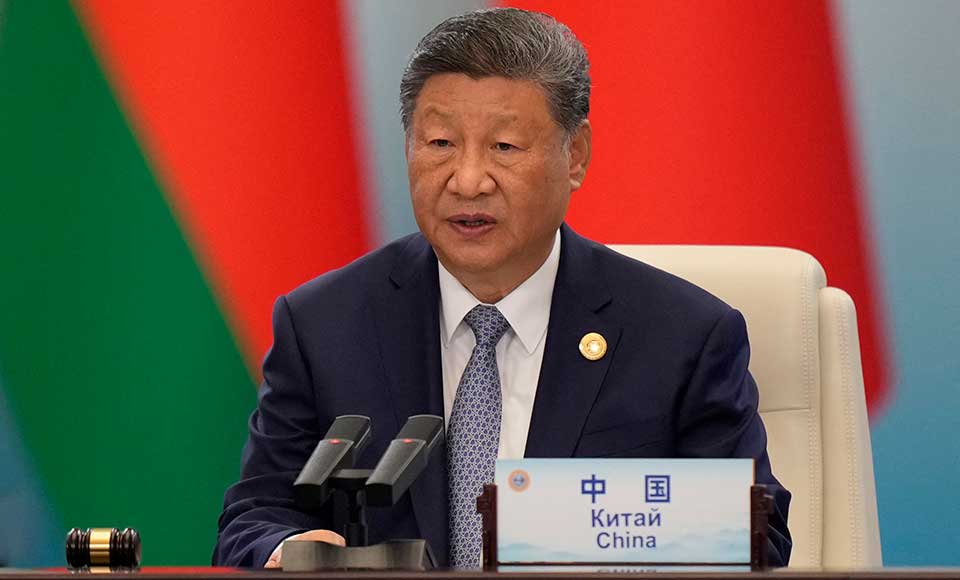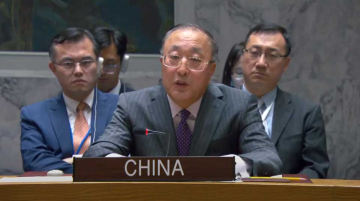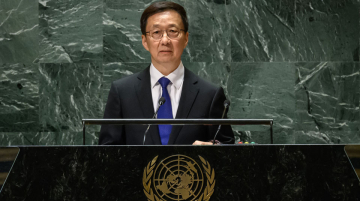
By Lukas Fiala
At China’s SCO summit earlier this month, Xi launched yet another one of his signature foreign policy-oriented projects: the Global Governance Initiative (GGI). Adding an umbrella framing to the existing alphabet soup of GSI, GDI, GCI and BRI, the GGI is a further step in China’s quest to refashion the international system in a way that is more conducive to its own interests.
Judging by existing discussions among both Chinese and external observers, it’s not surprising that certain governments across the Global South will be the key audience for the GGI. Calls for reforming an international system dominated by a handful former colonial powers is a straightforward selling point across large parts of Asia, Africa and Latin America.
It is also certain that Beijing perceives this current period as a critical juncture to advance its proposed agenda more assertively. Following calls for a more pro-active and innovative Chinese foreign policy at the 2023 central foreign affairs work conference, the GGI clearly represents the goal of embedding Chinese discourse and interpretations into conversations about reforming the UN.
What is less certain, however, is what a world modelled after the GGI would actually look like in practice. One key point that stands out, for instance, is consensus decision making. As the concept paper argues, [i]n emerging areas, international rules should be formulated on the basis of extensive consensus.”
Whether climate change or artificial intelligence, China’s vision is one of global alignment on issues of supposedly common concern.
While evidently striking a chord with the Global South, this emphasis on inclusion also skirts over the reality of power politics in any form of multilateralism. Despite claiming to uphold the UN-centric international system, the vision the GGI espouses does not seem compatible with a strongly institutionalised order. Given the reality of diverging national interests across most of these “emerging areas”, consensus would be built only around the lowest common denominator.
The result would likely be a thinly institutionalized order with a preference for non-binding and relatively generalizable principles and initiatives – not unlike the ones China has already been proposing. Ironically, such an order would probably offer even fewer guarantees to developing countries and middle powers to keep great powers in check than the present system.
This highlights a key problem of the GGI: China seeks to address what it perceives as the current system’s shortcomings. But even one of the most commendable components of this system – the UN – emerged from a significant power shift at the end of World War II. Reforming this system may thus require China to exercise its power more coherently and assertively, thereby undermining the claim to consensus-based decision-making. The alternative, however, may risk losing China’s agenda in general without meaningful consensus on even slightly more sensitive political issues.
Taking any great power at its word may automatically be criticized as a futile endeavor. Ultimately, the relative growth of China’s power will afford the Communist Party leeway to interpret even its own rules as it lays out a vision for what it might wish to be a post-American century. And yet, future-gazing the GGI also reveals the contradictions that will characterize China’s quest for systemic reform. Whether Beijing has a clear answer to them remains to be seen.
Lukas Fiala is the project head of China Foresight at LSEIDEAS.








